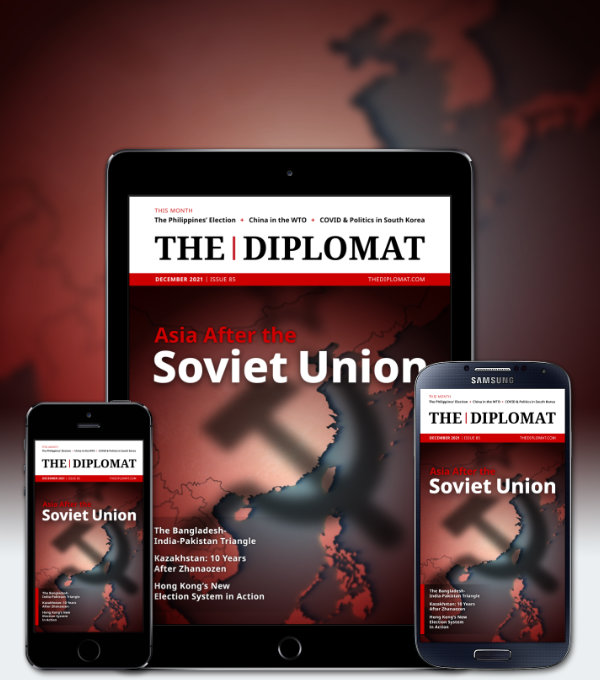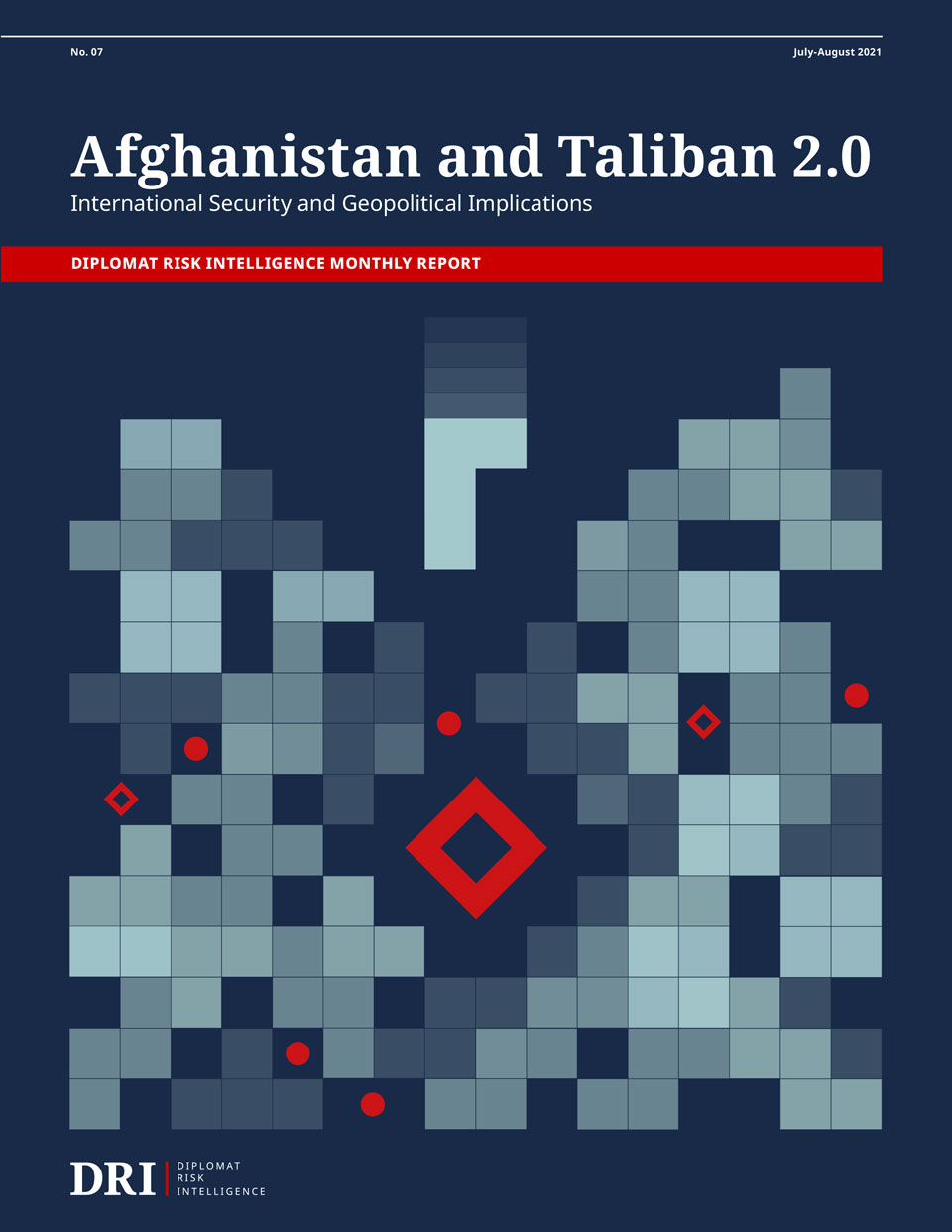| Welcome to the latest issue of Diplomat Brief. This week our top story goes inside the mansion of deposed warlord Abdul Rashid Dostum – which is now occupied by the Taliban. We also have an interview with Seth Cropsey, senior fellow and director of the Center for American Seapower at the Hudson Institute in Washington D.C., about the trajectory of Taiwan-U.S. defense relations. |
| Story of the week |  | POLITICS Inside Dostum’s Mansion: Afghanistan’s Inequality Laid BareWhat Happened: When the Taliban captured control of Afghanistan, President Ashraf Ghani wasn’t the only leader they deposed. Local warlords were also forced to flee – including Abdul Rashid Dostum, an ethnic Uzbek leader and a former vice president who ran the north as if it was his own private kingdom. With Dostum gone – rumors say he fled to Uzbekistan, and then onward from there – the Taliban have occupied his mansion, which they hold up as a symbol of the corruption that plagued the previous government. Our Focus: “The impressive mansion has seven floors, including a basement hosting a pool and a hot tub. Each floor has two to three spacious bedrooms. Onyx, marble, and gold cover the interiors… In the backyard a fountain and a small zoo were available for the delight of visitors,” writes Agnieszka Pikulicka-Wilczewska, describing a visit to Dostum’s mansion in September. “For Dostum, there was never too much luxury.” A Taliban fighter sums up the pervasive sentiment toward Dostum’s opulent home: “The most surprising thing for me was to see that he spent so much money on the house, but he didn’t help the poor. We’ve always known he was a selfish person.” What Comes Next: Widespread corruption among former government leaders was a key factor in the Taliban’s rapid takeover, and the Taliban are attempting to capitalize on this by promising clean governance. But their ability to govern at all remains seriously in question, with a cratering economy and a devastating food shortage. Read this story |
| Behind the News | INTERVIEW Seth CropseySeth Cropsey, senior fellow and director of the Center for American Seapower at the Hudson Institute in Washington D.C., on the implications of the U.S. Arm Taiwan Act, should it become law: “The ATA would demonstrate, first, that the U.S. takes Taiwan’s defense seriously. However, second, it would indicate that the U.S. remains uncertain about a commitment to aiding Taiwan before a conflict, given that the ATA hinges specifically upon Taiwanese strategy.” Read the interview |
| This Week in Asia | Northeast Asia How Will China Respond to the US Diplomatic Boycott of Beijing 2022?The Biden administration announced Monday that it will not send any officials to the Beijing 2022 Winter Olympics, confirming earlier reports that such a plan was in the works. China has vowed unspecified “countermeasures,” which will likely be revealed this week. In the meantime, other countries will have to decide if they want to join the U.S. in avoiding the Beijing Games. Find out more | South Asia Lynching Sparks Debate Over Pakistan’s Blasphemy LawsA Sri Lankan factory manager was beaten to death in Sialkot city over allegations of blasphemy, the latest grisly example of a religiously-motivated lynching in Pakistan. The incident, in addition to complicating ties with Sri Lanka, shines a spotlight on the mainstreaming of religious extremists in Pakistan. Find out more | Southeast Asia Washington’s Top Diplomat Bound for Southeast AsiaU.S. Secretary of State Antony Blinken will this week make his first visit to Southeast Asia since taking up his post, visiting both Indonesia and Malaysia on December 13-15. The visit is the latest in a line of senior U.S. officials, including Defense Secretary Lloyd Austin and Vice President Kamala Harris, who have taken a turn through the region over the past six months, as Washington seeks to assemble a coalition to curb China’s growing regional clout. Find out more | Central Asia Is It Time for the U.S. to Press Uzbekistan on Human Rights?An Uzbek delegation is expected soon in Washington for the first U.S.-Uzbekistan Strategic Partnership Dialogue, after last year’s elevation of the ongoing annual bilateral consultations. A group of U.S. Senators have urged the Biden administration to stress human rights issues with their Uzbek counterparts. Find out more |
| Visualizing APAC |  | Did FOCAC 2021 really downgrade China’s commitments to Africa? A close comparison of this year’s edition and the previous one complicates that narrative. See the full picture |
| Word of the Week | SOCIETY 低级红dījí hóng: iterally “low-level red” in Mandarin, the term is internet slang for someone who expresses their patriotism in an over-the-top, unproductive way. A related term is 高级黑 (gāojí hēi, “high-level black”) or a comment that looks patriotic on the surface but is actually a well-concealed criticism. China’s government has spoken out against both types of comments. Find out more |
|  |





